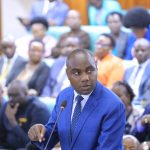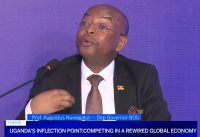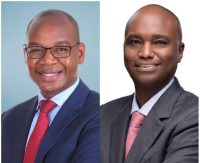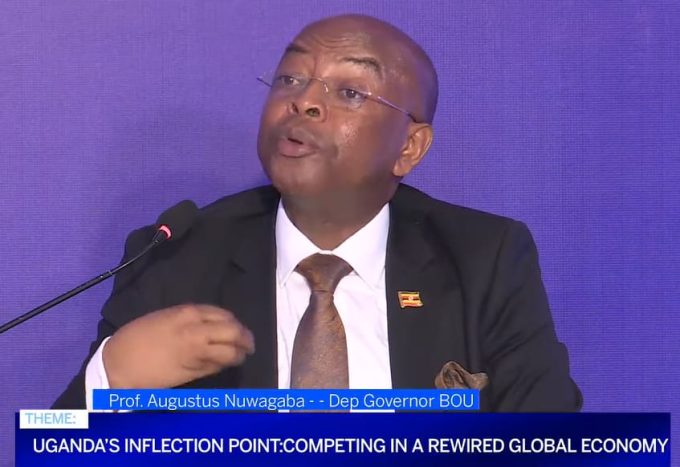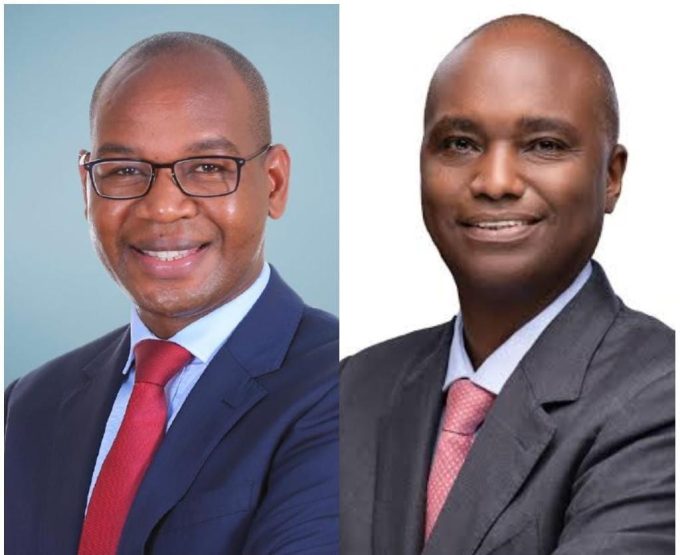Uganda’s Economic Growth Shifts from Aid Dependence to Private Sector Strength — Ggoobi
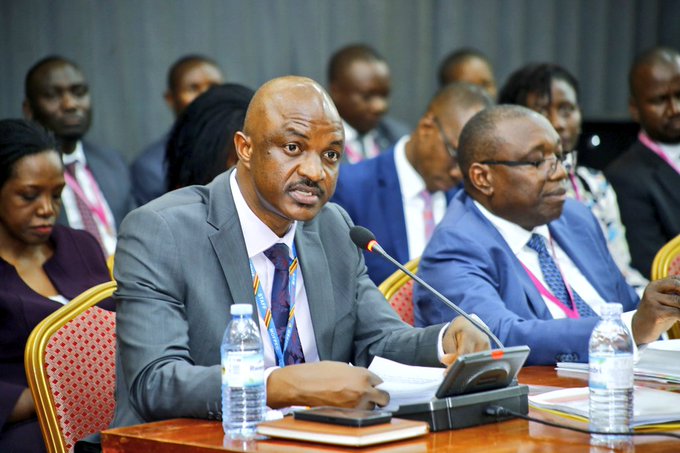
Uganda’s Permanent Secretary to the Treasury, Ramathan Ggoobi, has revealed that the country’s economic trajectory is now anchored in private sector dynamism, rather than traditional reliance on donor aid.
Speaking after attending the 2025 IMF–World Bank Annual Meetings in Washington D.C., Ggoobi said the global development narrative is changing — with greater emphasis on private investment, innovation, and productivity as the new engines of sustainable growth.
“The World Bank has realized that real development goes beyond running projects. It’s now about empowering the private sector to generate jobs and expand opportunities,” Ggoobi remarked.
Global Resilience Driven by Innovation
Despite ongoing geopolitical tensions and trade disruptions, the global economy has demonstrated remarkable resilience. According to Ggoobi, this strength has been largely supported by innovation and digital transformation, especially through artificial intelligence (AI).
He cited countries such as Singapore, the United States, and Denmark, which have successfully used technology and private capital to power new economic frontiers — lessons Uganda can draw from as it strengthens its own growth path.
Uganda Secures Over $2 Billion in New World Bank Funding
Uganda’s cooperation with the World Bank remains robust. The institution is set to release more than $2 billion in concessional funding over the next three fiscal years, raising its active portfolio in Uganda to $4.9 billion.
These resources will target productive infrastructure — including roads, bridges, energy transmission, irrigation systems, and vocational training programs — all designed to connect people and enterprises to new economic opportunities.
“Our investment is focused on infrastructure that links people to opportunity — whether in regional cities, schools, technology, or agriculture,” Ggoobi said.
Expanding Role of Private Capital
The International Finance Corporation (IFC), the World Bank’s private investment arm, is also deepening its engagement in Uganda. The IFC plans to extend long-term financing to local investors, particularly in renewable energy, agro-industrialization, and innovation-driven enterprises.
By partnering with state-owned enterprises (SoEs), the government aims to crowd in private capital and spur large-scale domestic production and employment.
IMF Program Under Discussion
Ggoobi further disclosed that Uganda is in advanced discussions with the International Monetary Fund (IMF) to establish a new Extended Credit Facility (ECF) program after the upcoming national elections.
The next IMF–Uganda arrangement, he said, will prioritize domestic revenue mobilization, fiscal discipline, and accountability to ensure efficient use of public resources and minimize budgetary overruns.
“We are tightening budget processes, curbing excessive supplementary spending, and improving financial sector resilience,” he emphasized.
A Stable and Growing Economy
Uganda continues to post strong growth indicators and remains one of Africa’s fastest-growing economies, according to the IMF. Ggoobi highlighted that several Ugandan professionals now serving in global financial institutions are contributing to shaping positive international perceptions of the country’s progress.
“Uganda’s macroeconomic fundamentals remain solid, and our growth momentum is being recognized globally,” he added.
Building Confidence Through Productivity
Beyond the impressive numbers, Uganda’s economic story is evolving into one of self-sustained confidence. The government’s focus is increasingly on enabling entrepreneurship, private investment, and innovation to drive inclusive growth.
As Ggoobi summarized, Uganda’s future lies in “unleashing the power of private enterprise” — creating a resilient, productive economy that thrives on its own ingenuity and competitiveness rather than donor dependency.
Latest News
Stanbic Bank Supports Life-saving Maternal care
Stanbic Bank maternal healthcare support Uganda is making a meaningful impact through...
Uganda’s Economy at Inflection Point
Uganda’s economy at inflection point — this was the key message from...
Pamela Turyatunga’s Jasiri Win: What It Means for Absa Bank Uganda and the Future of Sustainability Leadership
From Recognition to Reinforcement: Pamela Turyatunga’s Jasiri Award Signals Absa Uganda’s Sustainability...
Stanbic Names Oigara CEO as Mweheire Steps Down
Stanbic names Oigara CEO in a significant leadership transition that signals the...


